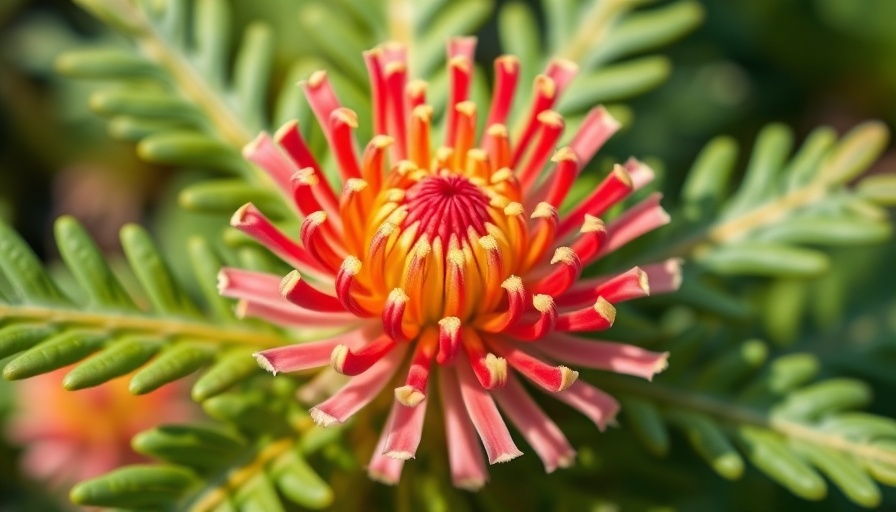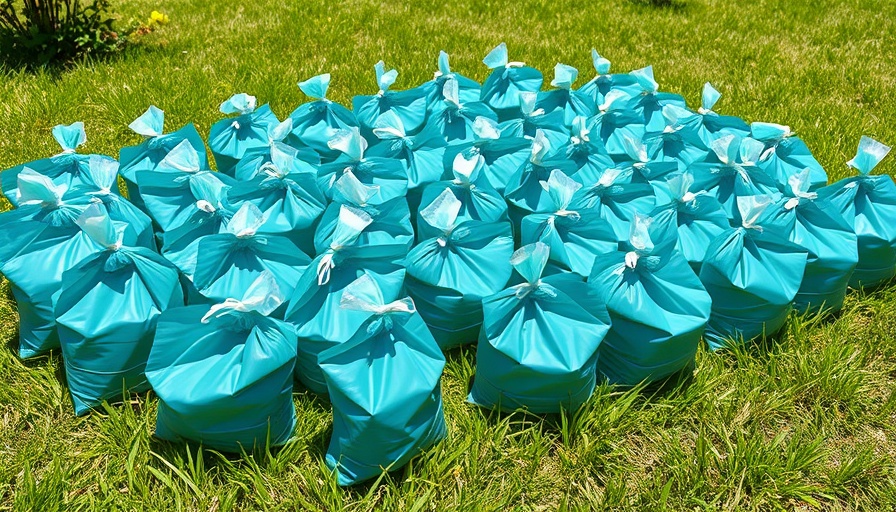
Nurturing Australia’s Natural Beauty with Native Plants
Australia’s unique climate presents both challenges and opportunities for gardeners, landscapers, and conservationists. At GrowAbility, a specialist native plant nursery, the mission is clear: cultivate indigenous flora that ensures landscapes are not only beautiful but also sustainable and resilient. The focus on native plants doesn’t just stop at aesthetics; it encompasses vital ecological benefits that contribute to a healthier environment.
Sustainability Rooted in Nature
Native plants, having evolved over thousands of years, are uniquely adapted to thrive in Australia’s distinctive environments. Unlike their exotic counterparts, these plants require minimal water, fertiliser, and maintenance once established, leading to a reduced ecological footprint in gardens and public green spaces. By choosing native plants from GrowAbility, individuals can play an active role in promoting sustainability, preserving local biodiversity, and lessening the need for harmful chemical inputs.
Perfectly Suited to Australian Conditions
Australia’s landscape features extremes, from arid deserts to coastal regions, where many introduced species struggle to adapt. Native plants like saltbush, kangaroo grass, and eucalyptus are naturally resilient to these local soils and climates. This means they can flourish with little intervention, making them ideal for both dry inland areas and coastal communities that battle salty air.
Hardy and Resilient
One of the key advantages of native flora is their hardiness. They possess natural resistance to local pests and diseases, significantly reducing the need for pesticides and fostering healthier ecosystems overall. Additionally, native plants develop deep root systems that enhance soil stability and improve water retention—qualities vital for urban greening projects and rural restoration initiatives. At GrowAbility, sustainable nursery practices underpin this cultivation. By using locally sourced seeds, they maintain genetic diversity while their natural propagation methods focus on enhancing soil health through organic composts and microbial inoculants.
Enhancing Biodiversity in Australia
Beyond their aesthetic appeal, native plants serve a crucial role in supporting Australia’s rich wildlife. By providing food and habitats for local birds, insects, and mammals, native plants foster balanced ecosystems. At GrowAbility, a wide selection of indigenous species is cultivated to help regenerate local environments and fortify natural habitats. This initiative significantly contributes to biodiversity, ensuring that Australia's vast environmental heritage is sustained for future generations.
A Smart Choice for All
Whether you’re an amateur gardener looking to create a water-wise garden, a developer focused on sustainability goals, or a conservationist dedicated to restoring native landscapes, GrowAbility’s native plant offerings present the ultimate solution. By integrating these species into your personal or professional projects, you are making an investment in a sustainable and eco-friendly future.
Embracing the Future
The movement towards native plant cultivation represents a shift in how we approach gardening and landscaping as a society. With increased awareness of environmental issues, individuals and industry professionals alike are recognizing the urgency of sustainable practices. Investing in native plants is not just about beautifying landscapes; it's about paving the way for ecological resilience and supporting the thriving ecosystems of our unique Australian environment.
Acting on Mother Nature’s Call
For those aiming to support Australia’s flora and fauna, the decision to choose native plants is a powerful one. It promotes biodiversity, enhances water security, and strengthens local ecosystems—making it a choice that resonates on a personal and environmental level. As we move forward, it’s crucial to adopt sustainable practices that honor our natural heritage. Let’s join hands to nurture nature and ensure the future is green and sustainable.
 Add Row
Add Row  Add
Add 




 Add Row
Add Row  Add
Add 

Write A Comment